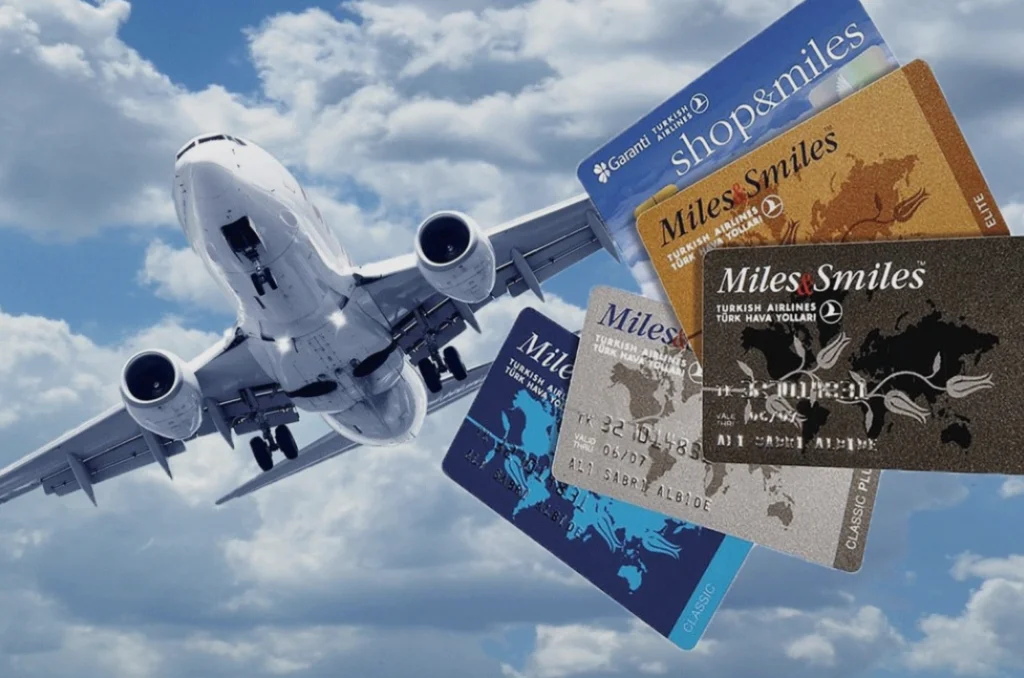Becoming a travel agent requires careful attention, client service abilities and knowledge of how technology such as booking platforms work. Experience working in other customer-facing jobs such as sales can also prove invaluable.
New agents typically opt for working with a host agency that provides training, access to partnerships and low startup costs. You could also become an independent franchise owner; this option requires more upfront capital but could provide benefits like health insurance.
Education and Training
Travel agents specialize in creating personalized travel experiences tailored specifically to their client’s individual needs and wants. In order to do this effectively, they require strong interpersonal skills as well as extensive knowledge about various destinations outside the traditional college-based education path.
Travel professionals frequently undertake vocational and self-directed learning programs in order to refine their craft while building clientele. Industry certifications (such as Travel Institute’s Certified Travel Associate or Counselor designations) may also help bolster an agent’s credentials and demonstrate commitment to the profession.
Other key considerations for travel agents to keep in mind include familiarity with popular booking platforms and appointment scheduling software as well as attention to detail. It can also be advantageous for aspiring agents to attend industry events or join online communities in order to expand their clientele base while learning from others in the industry.
When choosing a travel agent education program, it’s essential that someone at its helm who has extensive industry experience and an established track record is leading it. Ask potential programs about their involvement within the travel agent industry; look out for signs that they regularly attend travel agent expos and educational events as this indicates their curriculum reflects current best practices in travel agent education.
Licenses and Permits
If reading hotel reviews or scanning seat maps is something that excites you, becoming a travel agent might be just the career for you. Becoming one involves more than simply booking flights and hotels; becoming one requires navigating an intricate web of government regulations, industry standards, and financial requirements that must be fulfilled to become successful in this industry.
Travel agents must have a license from those making the rules in order to operate legally and ethically. This means meeting certain qualifications such as registering with their state’s department of consumer affairs and meeting minimum business and financial requirements.
Dependent upon your location, these could include filing a fictitious name statement or making payments into a restitution fund. For further guidance and clarification of regulations within your state or travel agent association.
Timeframes vary significantly across states, but typically take several months of training programs, exams and preparation for interviews to secure your license. You should also factor in any required paperwork such as business registration statements, insurance documents or financial reports that might be requested by your licensing agency; county regulations could add further layers of complexity with additional fees or registrations needed for registrations or fees being collected from applicants.
Certifications
If researching hotel options and flight seat maps is your idea of fun, becoming a travel agent could be just the career for you. Not only can travel agents connect people with exciting travel destinations around the globe; but they can also earn commission while taking advantage of discounted travel rates themselves!
An art career demands close attention to detail and an in-depth knowledge of all facets of business operations, including latest industry technologies and trends. A background in marketing may also come in handy, especially if working for a larger agency or running your own business. Due to not being considered full time work, it’s also essential that your tax situation be taken into consideration as you will likely need to keep track of expenses separately from regular job income, and may not qualify for things such as health insurance benefits.
Many four-year colleges and community travel schools provide degree programs that combine business classes with training in itinerary planning and customer service. Although the specific focus may differ depending on the industry, common courses include ethics, tourism management and marketing – among others.
Some travel agencies require their agents to have professional certification. There are a few organizations that offer certification credentials, including The Travel Institute which grants Certified Travel Associate (CTA) status after 18 months of industry experience and passing a stringent exam.
Starting Your Own Business
When beginning your travel agency, there are a couple of different approaches available to you when setting it up. One option is working as an independent contractor while the other option involves joining an established host agency for guidance, support and direction from experienced agents as you build up your own book of business. It also grants access to luxury travel agent programs like Hyatt Prive, Hilton Impresario, Marriott Stars & Lumous Partner or Four Seasons Preferred Partner as well as any hotel chains’ elite status benefits.
As you prepare to become a travel agent, take some time to assess your strengths and experience – as well as any hobbies related to the industry – in order to identify your target audience and what services or products they might require. Also important are factors like licensing requirements and permits as well as startup costs, overhead expenses and any zoning requirements you must satisfy when working from home.
Finance your new business using friends and family support as well as local bank loans or lines of credit; search angel investors to aid promising startups; get a dedicated business credit card that handles expenses while earning rewards; also obtain a general business license and federal Employer Identification Number (EIN).












Leave a Reply